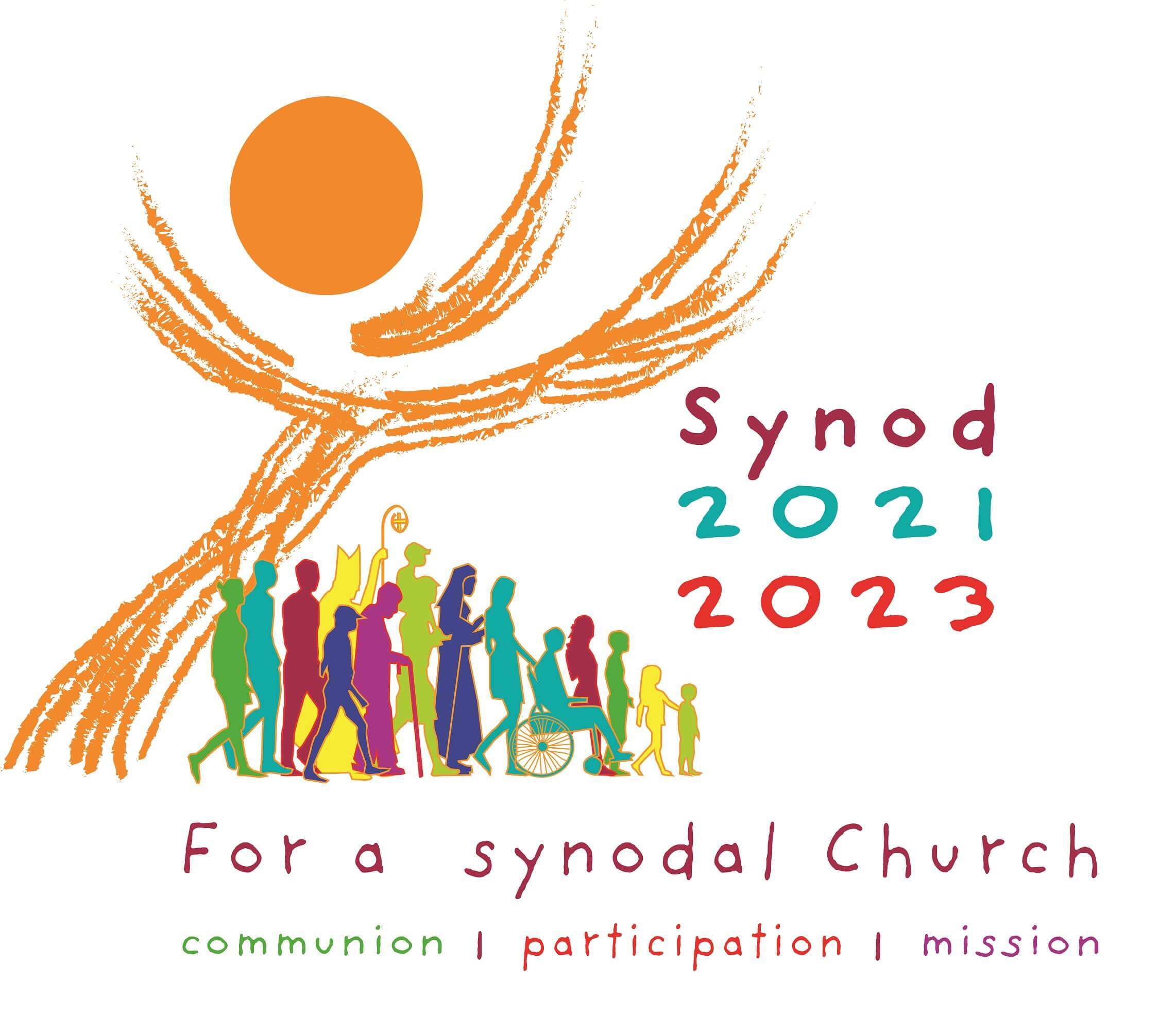Shortcode
End shortcode

Women’s Cornerstone
Daily Rosary | Divine Mercy Chaplet | Eucharistic Adoration | Stations of the Cross

Men’s Cornerstone

Parish Picnic

Bereavement Ministry

Parish Picnic

Parish Picnic

Red Sample

Parish Picnic
Ed. Ginter
Spring Concert | Christmas Concert | Presentation MTV |
Piano Men

Parish Picnic
The Logic of Grace, The Love of God
“Mercy, O God”
Music by: Francis Patrick O’Brien
Ed Ginter (Piano) | Melanie Cheplic (Vocals)
“The Logic of Grace, the Love of God”
Daybreaks: Daily Reflections for Lent & Easter
by Ron Rolheiser, OMI
“For what great nation is there that has gods so close to it as the Lord,
our God, is to us whenever we call upon him?”.
(DEUTERONOMY 4:7)
The Gospels recount an incident where Jesus goes to the synagogue on a Sabbath, stands to read, and quotes a text from Isaiah – except he doesn’t quote it fully. He omits a part that would have been known to his listeners. It describes Isaiah’s vision of what will be the sign that God has finally broken into the world and irrevocably changed things.
For Isaiah, the sign that God is now ruling the earth will be good news for the poor, consolation for the broken-hearted, freedom for the enslaved, grace abundant for everyone, and vengeance on the wicked. Notice, though, when Jesus quotes this, he leaves out the part about vengeance and seeing the wicked punished.
In heaven we will be given what we’re owed and more (unmerited gifts, forgiveness we don’t deserve, joy beyond imagining), but it seems we will not be given that catharsis we so much want here on earth: the “joy” of seeing the wicked punished.
We know we need God’s mercy, but if grace is true for us, it has to be true for everyone. If forgiveness is given to us, it must be given to everybody. And if God does”not avenge our misdeeds, God must not avenge the misdeed of others, either. Such is the logic of grace and such is the love of God, to whom we must attune ourselves” (26).
“40 Ways To Be During Lent”
Ashes to Easter
– Be Thankful-
Father Bob’s Lenten Message
VIDEO COMING SOON!
The Unimaginable Grace of Forgiveness
“Not By Bread Alone”
Music by: Bob Hurd
Sung by: Kristen Warbrick
Piano Accompaniment: Ed Ginter
“The Unimaginable Grace of Forgiveness”
Daybreaks: Daily Reflections for Lent & Easter
by Ron Rolheiser, OMI
“Then Peter approaching asked him, ‘Lord, if my brother sins against me, how often must I forgive him? As many as seven times?’ Jesus answered, ‘I say to you, not seven times but seventy-seven times.'”
(MATTHEW 18:21-22)
The Gospels, as we know, reveal a God who is prodigal beyond all our standards and beyond our imagination. The God of the Gospels is the Sower who, because he has unlimited seeds, scatters those seeds everywhere without discrimination: on the road, in the ditches, in the thorn-bushes, in bad soil, and in good soil.
Moreover, that prodigal Sower is also the God of creation, that is, the God who has created and continues to create hundreds of billions of galaxies and billions of human beings. And this prodigal God gives us this perennial invitation: come to the waters, come without money, come without merit because God’s gift is as plentiful, available, and as free as the air we breathe.
The Gospel of Luke recounts an incident where Peter, just after he had spent an entire night fishing and had caught nothing, is told to cast our his net one more time and, this time, Peter’s net catches so many fish that the weight of the catch threatens to sink two boats. Peter reacts by falling to his knees and confessing his sinfulness. But as the text makes clear, that’s not the proper reaction in the face of overabundance. Peter is wrongly fearful, in effect, wanting that overabundance to go away. Rather, Jesus wants him – in the face of too much – to go into the world and share with others that unimaginable grace” (24).
“40 Ways To Be During Lent”
Ashes to Easter
– Be Kind –
Be Kind
Revelation & Understanding God
Prayer of Abandonment
Music by: Bernadette Farrell
Sung by: Brendan Rooney
Piano Accompaniment: Ed Ginter
“Revelation & the Understanding of God”
Daybreaks: Daily Reflections for Lent & Easter
by Ron Rolheiser, OMI
“As the deer longs for streams of water,
so my soul longs for you, O God”.
(PSALM 42:2)
Anyone who claims to understand God is deceived, because we know that God is ineffable. That means that we can know God, but never adequately capture God in a concept. God is unimaginable. If God could be understood, then God would be as limited as we are.
God may be ineffable, but God’s nature is known. Divine revelation, as seen through nature, as seen through other religions, and especially as seen through Jesus, spells our what’s inside God’s inexpressible reality.
What’s revealed there is both comforting beyond all comfort and challenging beyond all challenge. What’s revealed in the beauty of creation, in the compassion that’s the hallmark of all true religion – and in Jesus’ revelation of his Father – takes us beyond a blind date into a trustworthy relationship. Nature, religion, and Jesus conspire together to reveal an Ultimate Reality, a Ground of Being, a Creator and Sustainer of the universe, a God who is wise, intelligent, prodigal, compassionate, loving, forgiving, patient, good, trustworthy, and beautiful beyond imagination.
God cannot be deciphered, circumscribed, or captured in human thought; but, from what can be deciphered, we’re in good, safe hands. We can sleep well at night. God has our back. In the end, both for humanity as a whole and for our own individual lives. As Julian of Norwich prayed: ‘All shall be well, and all shall be well, and all manner of thing shall be well.’ God is good” (24).
“40 Ways To Be During Lent”
Ashes to Easter
– Be Committed –
Be Committed
Be Compassionate
To Stir Into Flame
We Are Yours
“To Stir Into Flame”
Daybreaks: Daily Reflections for Lent & Easter
by Ron Rolheiser, OMI
“Indeed, only with difficulty does one die for a just person,
though perhaps for a good person one might even find courage to die.
But God proves his love for us in that while we were still sinners,
Christ died for us”.
(ROMANS 5:7-8)
“Anyone who has ever watched a fire knows that, at a point, the flames subside and disappear into smoldering coals that themselves eventually cool and turn into cold, gray ash. But there’s a moment in that process, before they cool off, that the coals can be stirred in order to make them burst into flame again.
That’s the image St. Paul uses to encourage us to rekindle the fires of our faith when they seem to be burning low: “I remind you to stir into flame the gift of God” (2 Timothy 1:6). It’s a meaningful image. Our faith sometimes needs some stirring at its roots to make it alive again. How do we do that?
We stir our faith bak into flame by resituating ourselves inside its roots. Even though faith is a divine gift, it can be helpful sometimes to journey back and examine what earthly forces helped plant the faith inside us.
Who and what helped give us faith? That’s a deeply personal question that each of us can only answer for himself or herself. It could be the faith and witness of our parents, our church community, our teachers, or others who helped us find ways to hear God’s voice and left deep, permanent roots in our souls.
But sometimes God’s voice can feel completely silent. Sometimes our imagination can run dry so that we don’t feel God’s presence. It’s then that we need to stir the seemingly smoldering coals of our faith by making a journey back to reground ourselves to where our faith found its roots.
This kind of journey can be helpful for most everybody, with one cautionary flag. The seeming silence of God in our lives as adults can in fact be a deeper modality of God’s presence rather than a sign of a deteriorating faith. The voice of God often seems clear at times but later on that clarity gives way to what the mystics call the “dark nights of the soul”, where God’s seeming absence is not a question of a loss of faith but of a new, richer, less-imaginative mode of God’s presence in our lives. Fervor is not always a sign of a deep faith, just as the seeming absence of God is not necessarily a sign of a weakening faith. God must be patiently waited for and will arrive in our lives only on God’s terms, not ours.
Even so, St. Paul’s advice remains: ‘I remind you to stir into flame the gift of God'” (23).
“Fire of Love”
Lenten thoughts from Saints
“Go forth, and set the world on fire”.
“40 Ways To Be During Lent“
Ashes to Easter
– Be Compassionate –
Welcoming the Lord
Confessions
“Welcoming the Lord Jesus”
Daybreaks: Daily Reflections for Lent & Easterby Ron Rolheiser, OMI
“Shepherd your people with your staff, the flock of your heritage,that lives apart in a woodland,in the midst of an orchard.Let them feed in Bashan and Gilead,as in the days of old;as in the days when you came from the land of Egypt, show us wonderful signs”.
(MICAH 7:14-15)
Orphans, widows, and strangers! That’s scriptural code for who, at any given time, are the three most vulnerable groups in society.
Today, without doubt, we are facing the biggest humanitarian crisis since the end of the Second World War. Millions upon millions of people, under unjust persecution and the threat of death, are being driven from their homes and homelands with no place to go and no country or community to receive them.
As Christians, we may not turn our backs on them or turn them away. If Jesus is to be believed, we will be judged spiritually more by how we treat refugees than by whether or not we are going to church. When we stand before God in judgment and ask in protest, “When did I see a stranger and not welcome him?” Our generation may hear God reply, “I was a Syrian refugee, and you did no welcome me.”
The issue of refugees and immigrants is highly sensitive and complex. But as we – our churches and our governments – address them, we must remain clear on what the Scriptures, Jesus, and the social teachings of the Church uncompromisingly teach: we are to welcome the stranger, even when it’s inconvenient and even if there are dangers” (21).
“Hands that Speak Volumes”
Lenten Thoughts from the Saints
“We must speak to them with our hands, before we speak to them with our lips”.
“40 Ways To Be During Lent”
Ashes to Easter
– Be Loved –
Be Loved

Online Mass /
Mass Schedule
Sunday Mass
Saturday 5pm (also live-streamed)
Sunday 7:30am, 8:30am, 10:00am, 11:30am & 6:30pm
Daily Mass (click here to view)
Mon. – Sat. 9:00am (also live-streamed)
Parish News & Events
Please read about all of our upcoming events in the weekly bulletin.
















